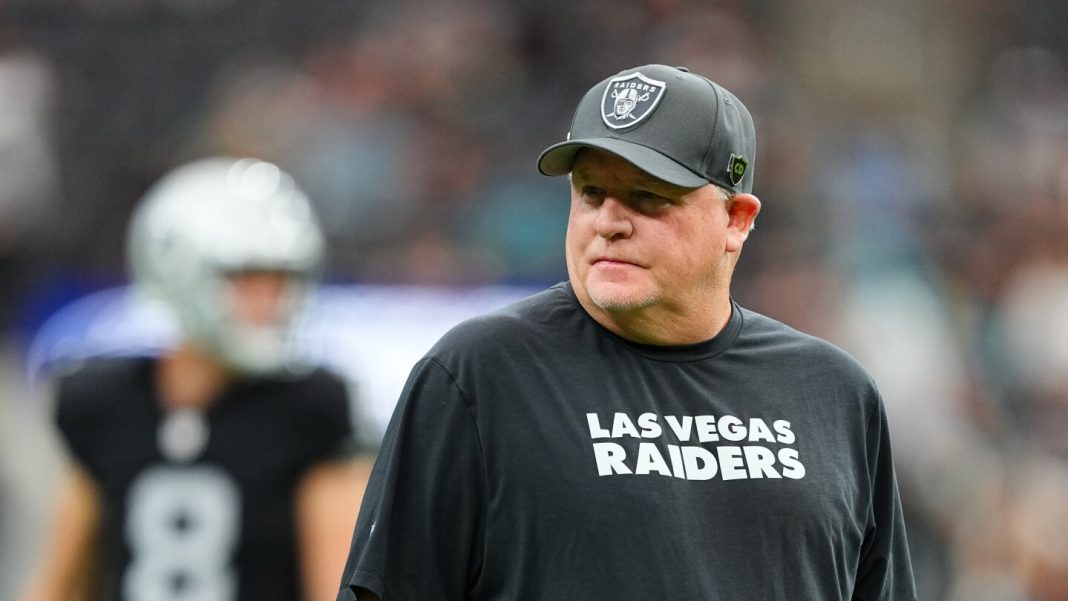In the high-stakes arena of professional sports, where fortunes are won and lost with every game, one truth reigns supreme: results dictate destiny. It’s a sentiment echoed candidly by former NFL and collegiate head coach Chip Kelly, whose recent reflection on his past firings cuts right to the chase: “You gotta win, I get it.” This remarkably straightforward acknowledgment strips away all the intricate Xs and Os, the complex roster moves, and the philosophical debates, boiling down the coaching profession to its starkest reality.
The Unforgiving Calculus of Professional Sports
Kelly’s statement isn’t just a casual remark; it’s an encapsulation of the relentless pressure cooker that is the coaching hot seat. In leagues where hundreds of millions are invested, and fan expectations reach fever pitch, the leash for even the most innovative minds can be remarkably short. Owners demand immediate returns on their significant investments, and fan bases, fueled by passion and the desire for glory, are quick to call for change when victories don’t materialize.
This “win now” mentality creates an environment where long-term vision often takes a backseat to short-term success. Coaches are hired to be saviors, tasked with turning franchises around, and given a mere handful of seasons – sometimes even less – to demonstrate tangible progress. Kelly, known for his unconventional and often revolutionary offensive schemes and sports science approach, learned this lesson firsthand at multiple stops. His system, while promising and often exciting, ultimately faced the same judgment as any other: did it produce enough wins?
As one seasoned sports agent, accustomed to the churn of coaching careers, once put it, “Coaches are ultimately contractors. They’re brought in for a specific job: to win. If the project isn’t completed to satisfaction, or worse, if it’s going backwards, the contract gets terminated. It’s harsh, but it’s the nature of the business.” This perspective underscores the contractual and performance-based reality that coaches, regardless of their philosophy or pedigree, must constantly navigate.
Kelly’s Candor: A Refreshing Dose of Reality
What makes Kelly’s admission particularly striking is its complete lack of self-pity or blame. Instead of pointing fingers at player performance, front office decisions, or unforeseen circumstances, he accepts the fundamental premise of his dismissals. This level of self-awareness is often rare in a world where ego and defensiveness can run rampant. It speaks to a pragmatism that, while perhaps born of experience, offers a valuable lesson in accountability.
His tenure at various teams saw moments of brilliance and flashes of potential, yet consistent winning ultimately proved elusive. Whether it was the rapid personnel changes, the integration of new systems, or simply the fierce competition, the outcomes didn’t align with the demands of the organizations. Kelly’s current comments suggest a mature reflection on these experiences, acknowledging that in the end, the scoreboard is the ultimate arbiter of success.
The Ever-Spinning Coaching Carousel
Kelly’s remarks serve as a poignant reminder of the transient nature of coaching careers at the highest levels. For every Bill Belichick or Gregg Popovich who enjoys a decades-long reign, there are countless others who face the chopping block after just a few seasons. The carousel keeps spinning, with new faces arriving full of hope and innovative ideas, only to face the same uncompromising metrics. The pressure isn’t just about winning games; it’s about building a consistent winner, often under immense scrutiny and with limited time.
In essence, Chip Kelly’s blunt take on his firing is more than just a personal reflection; it’s a universal truth for anyone who steps into the demanding role of a professional sports coach. The game doesn’t care about intentions or philosophies if they don’t lead to victories. You have to win, and Kelly, with a clarity that only experience can bring, fully gets it.




